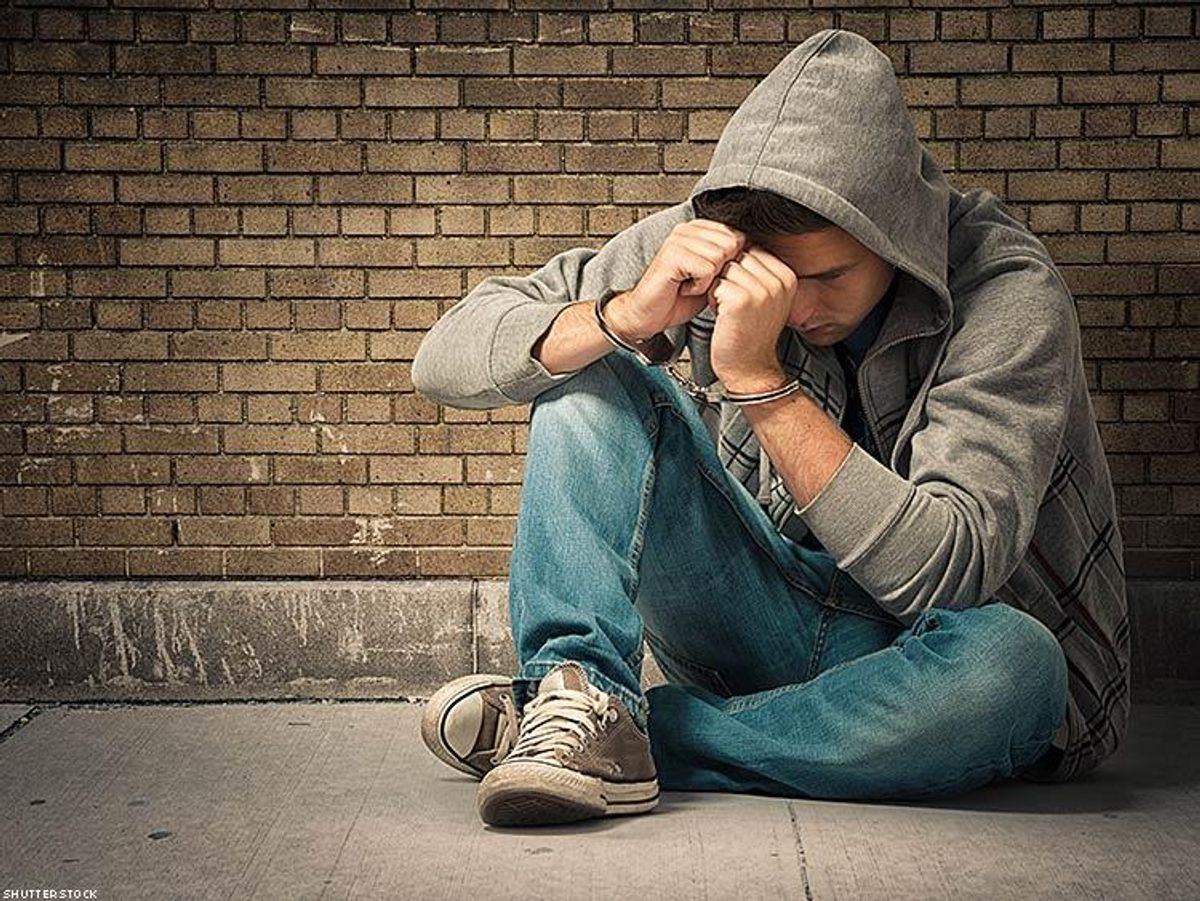California saw a huge victory this week against HIV criminalization laws when the California Assembly voted to reduce the penalty for intentionally exposing a person to HIV from a felony to a misdemeanor.
HIV Criminalization laws have acted as sharp daggers in the fight against HIV stigma. Existing laws virtually make it legal to discriminate against people living with HIV, throwing innocent people in prison. Right now, an HIV-positive person can be convicted of a felony, even if they’re on treatment and/or use a condom, simply because they’re HIV-positive. Laws don’t even require you to have any form of sexual activity.
The bill passed 44-13, and would treat HIV like other communicable diseases under the California law. But before it can go to Governor Jerry Brown to pass to law, it must first require Senate approval.
The bill, SB-239, was cosponsored by Equality California, the ACLU of California, APLA Health, Black AIDS Institute, Lamba Legal, and Positive Women’s Network.
Currently, California has four criminalization laws that turn HIV-positive people into felons: Solicitation if the person tested positive for HIV in a prior solicitation or other sex offense that resulted in mandatory HIV testing; Donating blood, tissue, semen or breast milk after becoming aware that one is HIV-positive; Anal or vaginal sex without a condom in which an HIV-positive person does not disclose their status and has a specific intent to transmit the disease to they sex partner; and having knowledge that one is HIV-positive while engaging in a nonconsensual sex crime.
According to the Williams Institute, 800 people have been victims of HIV criminalization laws from 1988 to 2014. Of that number, 98 percent did not require proof of intent and 93 percent didn’t require proof of conduct. None of them required — that’s right, zero — required actual transmission of HIV as a reason to charge them.
[The bill] has been a priority of ours for a couple years,” Rick Zbur, executive director of Equality California, said to Plus earlier this year. “We realized we need to educate both the public and members of the legislature about why this is so important. Luckily, Senator Weiner and Senator Gloria were both elected and decided to pick it up this year.”
Zbur adds: “What we all need to do is educate the public about the disease and what these draconian penalties do. We’ve heard cases of people who are in a relationship and the relationship goes bad, someone who’s abused in a partnered relationship will then use these laws as a way to coerce their partners into doing, or not doing, things… When you’re on treatment and undetectable, it’s virtually impossible to transmit the virus and I think most people don’t know that yet, hence the fear around anything with HIV. I think when people understand that, they will view these laws in a very different way.”






































































